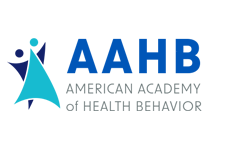Abstract
This study assesses the impact and potential enhancements of a Pharmacy Vending Machine (PhVM) program implemented at Purdue University since January 2021. Aimed at addressing the accessibility gap for essential healthcare items, particularly sexual and reproductive health products, and over-the-counter medications, the program has expanded from two to eight PhVMs on campus. A web-based survey was completed by a random University sample (n=469) to evaluate the program's efficacy and identify avenues for improvement. Survey responses and sales data from January 2021 to April 2023 were analyzed. Findings demonstrate a positive reception of the PhVMs, highlighting a preference for increased accessibility to sexual and reproductive healthcare items. Word-of-mouth remains a key source of awareness for vending machines, suggesting the significance of targeted marketing strategies and information dissemination within on-campus groups. Sales data trends underscore the necessity for ongoing assessment to optimize student access to PhVMs. This study is a comprehensive evaluation, emphasizing the importance of continual refinement in healthcare vending initiatives to cater effectively to campus community needs.
Creative Commons License

This work is licensed under a Creative Commons Attribution-Noncommercial 4.0 License
Recommended Citation
Sidorowicz, Haley M.; Hughes, Alexandra T.; Trieloff, Anna G.; Patel, Sophia P.; Martinez, Jaslin A.; Figliomeni, Katie R.; Shah, Rhea C.; Noel, Nicole; and DeMaria, Andrea L.
(2024)
"Evaluating the Impact of a University Pharmacy Vending Machine Program,"
Health Behavior Research:
Vol. 7:
No.
3.
https://doi.org/10.4148/2572-1836.1232




